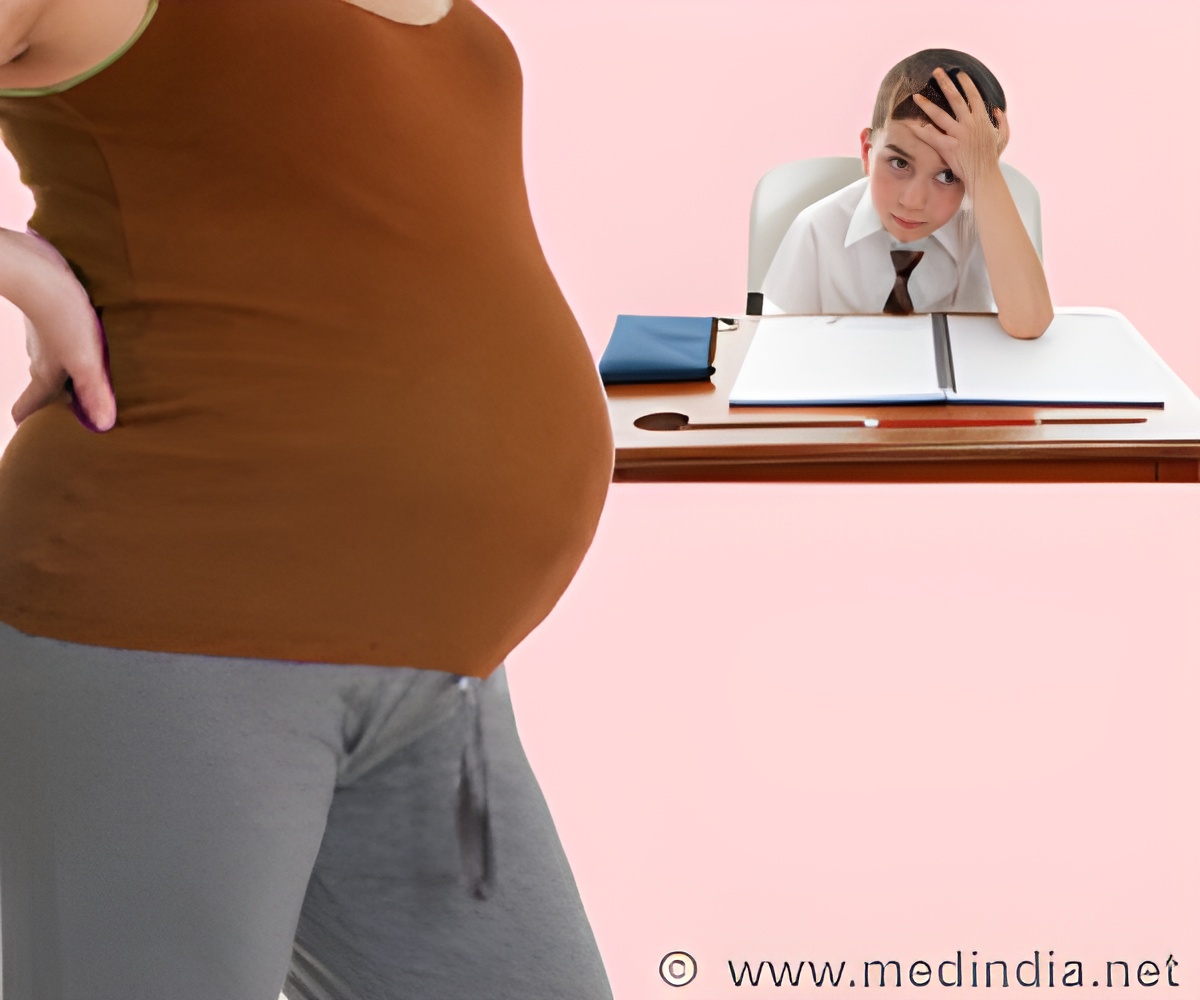A study from Harvard School of Public Health reported that pregnant women exposed to high levels of fine particulate matter might have twice the risk of having a child with autism.

Prior studies have suggested that, in addition to genetics, exposure to airborne environmental contaminants, particularly during pregnancy and early life, may affect risk of autism. The study population included offspring of participants living in all 50 states in Nurses' Health Study II, a cohort of more than 116,000 female U.S. nurses begun in 1989. The researchers collected data on where participants lived during their pregnancy as well as data from the U.S. Environmental Protection Agency and other sources on levels of fine particulate matter air pollution (PM2.5) particles 2.5 microns in diameter or smaller in locations across the U.S. The researchers identified 245 children who were diagnosed with autism spectrum disorder (ASD) and a control group of 1,522 children without ASD during the time period studied.
The researchers explored the association between autism and exposure to PM2.5 before, during and after pregnancy and also calculated exposure to PM2.5 during each trimester.
Exposure to PM2.5 was significantly associated with autism during pregnancy, but not before or after pregnancy. And during the pregnancy, the third trimester specifically was significantly associated with an increased risk. Little association was found between air pollution from larger sized particles (PM10-2.5) and autism.
"The evidence base for a role for maternal exposure to air pollution increasing the risk of autism spectrum disorders is becoming quite strong," said Weisskopf. "This not only gives us important insight as we continue to pursue the origins of autism spectrum disorders, but as a modifiable exposure, opens the door to thinking about possible preventative measures."
Source-Medindia
 MEDINDIA
MEDINDIA




 Email
Email










